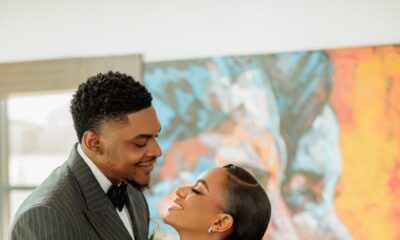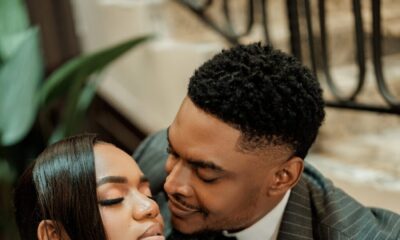Features
Hannah Ajala: Celebrating Our Yoruba Heritage Through Our Wedding in The UK
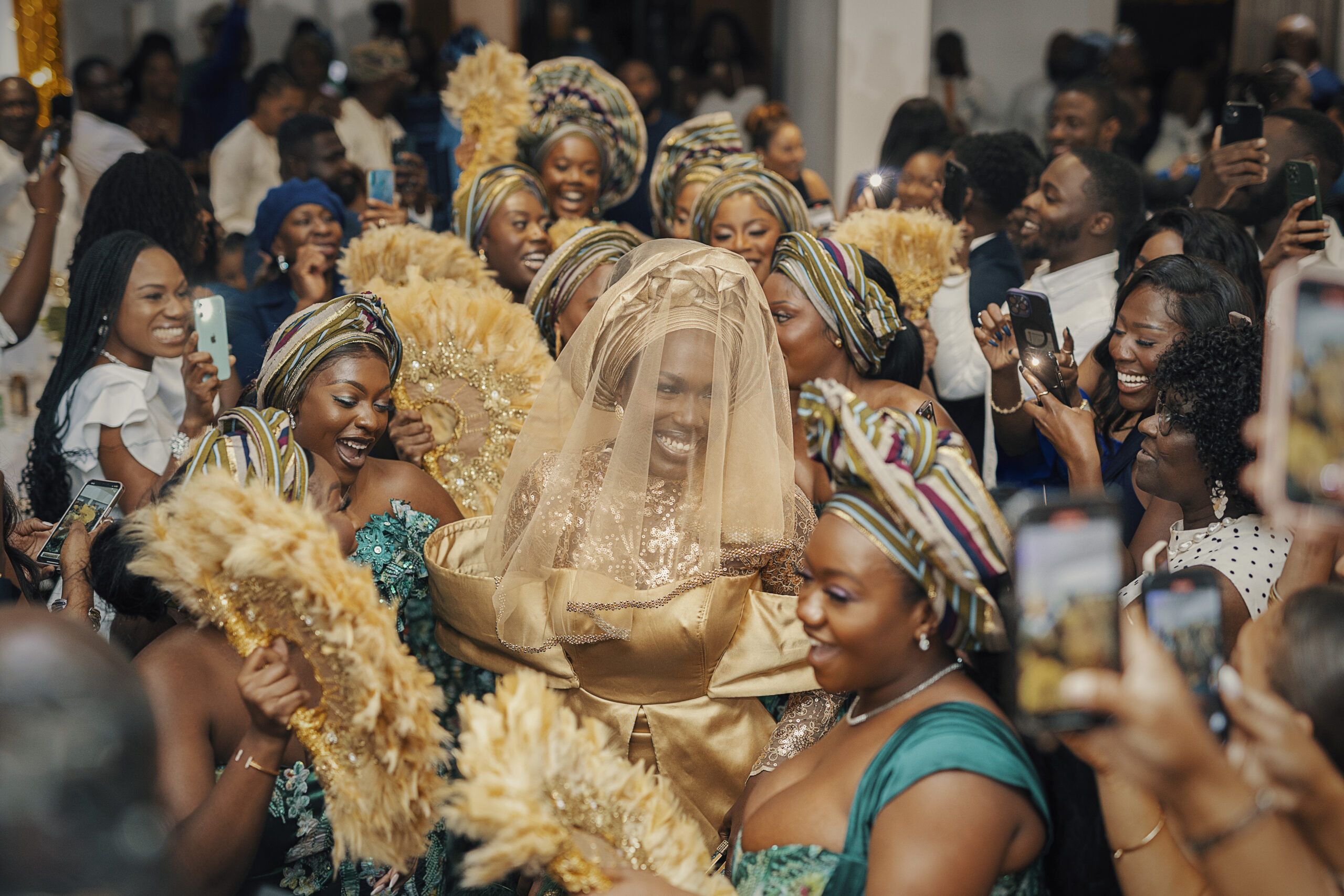
Organising and planning a Nigerian wedding is one of the most intense things I’ve done in my adult life. l can only describe it as an intricate and culturally enthused celebration of commitment, love, and family, with many steps and instructions, especially during the ceremony.
I am British-Nigerian but my husband is Nigerian and that comes with so many layers and exposures to completely different lifestyles. We have many differences despite being from the same ethnic group – Yoruba. He’s spent a lot more time in Nigeria than I have, and even with my year-long stay followed by monthly visits reporting on stories as an international journalist, he naturally has more exposure as a born and raised Lagosian.
We both now live in London, and when it came to planning, it was a non-negotiable to have a Yoruba traditional engagement ceremony. The planning process, in the beginning, seemed pretty straightforward and easy to navigate. Then came the hundreds of invitations. I’ve never been to a Yoruba traditional engagement that was intimate, calm, or quiet; that’s very rare to come across. They are always filled with guests, some even going into the thousands.
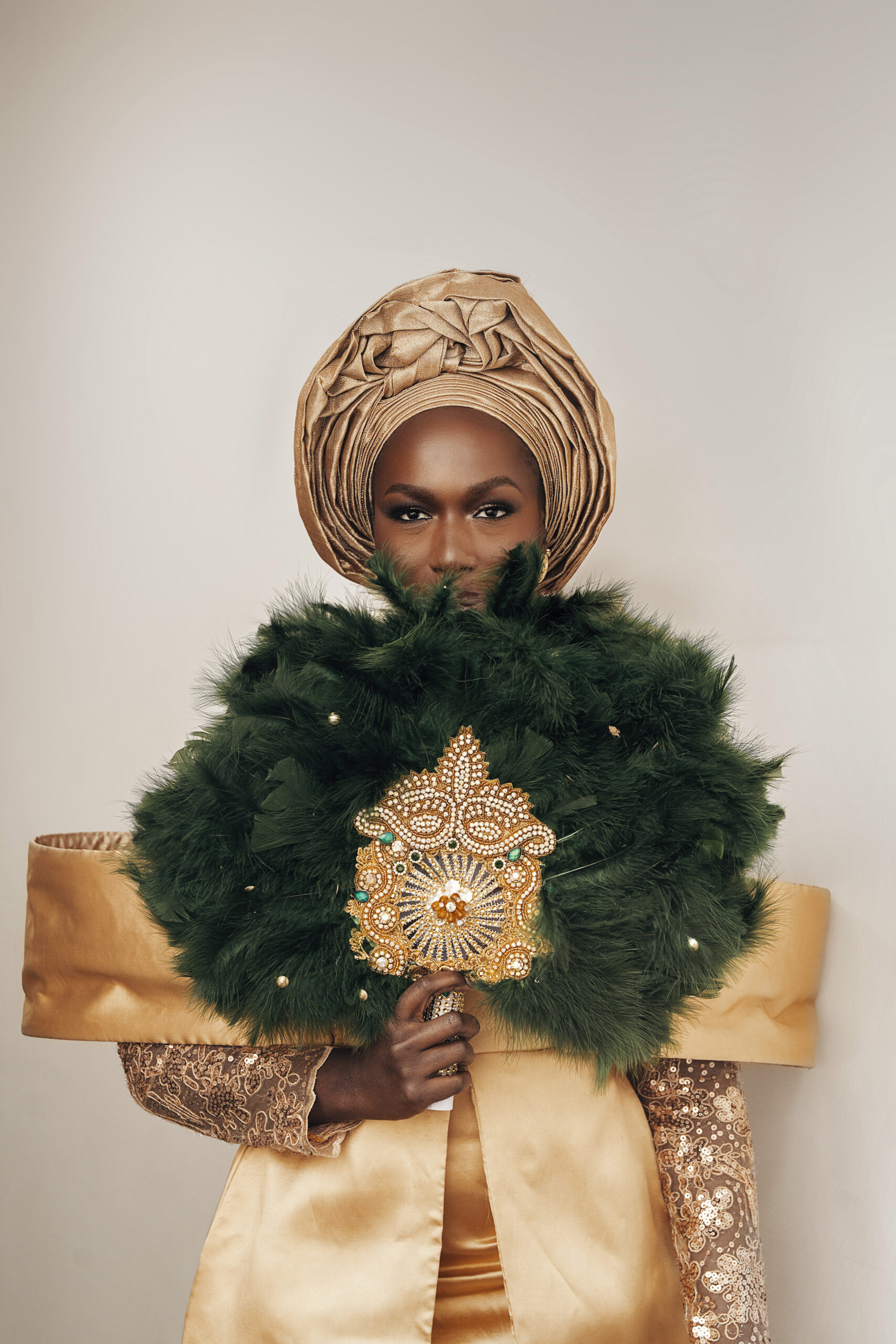
So I was having two weddings, one more Westernised and one Nigerian, and I’ll see this as proudly embracing both of my sides.
Planning a white wedding is nothing compared to a Yoruba wedding. There are so many elements and intricacies which cannot be missed. Thankfully, there are countless helpful examples online of how these extravagant and beautiful occasions look and usually go. I had a helpful planner during the process as well as brilliantly experienced vendors, who held my hand through it all and have experience in doing these occasions several times.
As the wedding day approached, the pressure mounted, and I was bombarded with various questions, such as “Have you prepared your proposal letter?” and “Has your husband received the eru iyawo (engagement list)?” That engagement list is important because if you know, you know! Just like other Nigerian occasions, our weddings are known for their vibrancy and are among the most joyous celebrations.
So much goes into this special day; from the stunning materials sewn into different extravagant styles, the drums and live band singing joyful Yoruba songs, the bubbly master of ceremonies to the delicious local and globally recognised Nigerian meals that we can’t do any occasion without. For our wedding, Dammy and The Pilgrims were our fantastic live band, Susan Oladele was our Alaga, and the delicious food was by Angels Catering. The after-party was hosted by Folly Fresh. Little hint: vendors really carried the whole day.
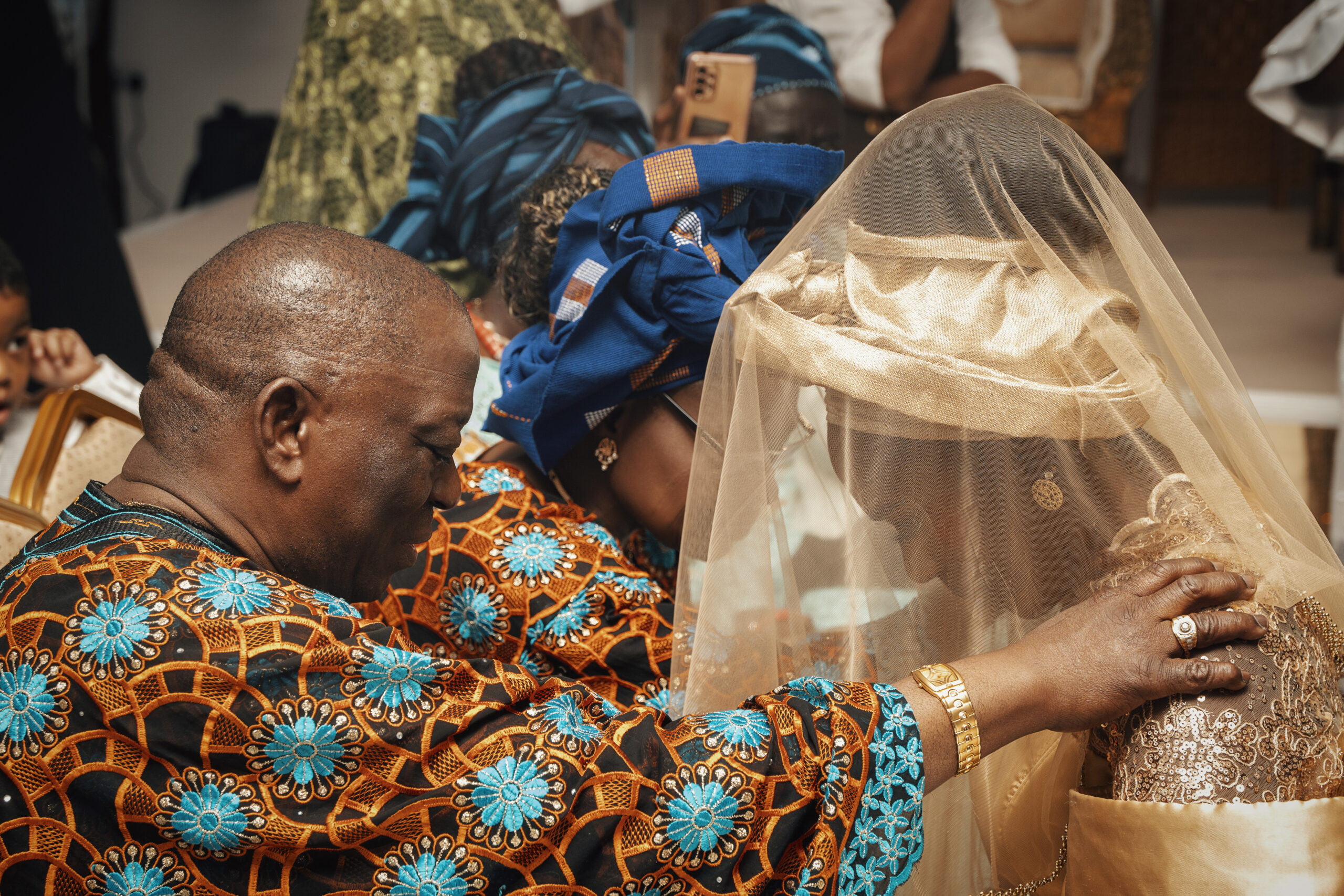
The Yoruba wedding is a traditional engagement entrenched in heritage, culture and religion. Each ritual and segment within the ceremony has been passed down from generation to generation, preserving the richness behind the Yoruba meaning of marriage, which goes beyond the love of a couple, but instead celebrates the coming together of two families.
Being the last born of six children, and the only girl, my friends have told me throughout my youth how much of a ‘circus’ my wedding would be. And I agree. In my culture, it’s a big deal. I’m glad I’ve had the years of “training” to understand that and also use the planning process to truly understand the significance of ensuring our culture and heritage doesn’t become something of the past, but something we can also continue throughout generations. It’s also incredible to see how the influence of Yoruba culture is amongst others. It truly is one of the most influential cultures out there.
It was a beautiful day for us and I look forward to experiencing the new chapter of #HanRayLOVE.
***
All photos by Prar Eshun: Zapfoto




